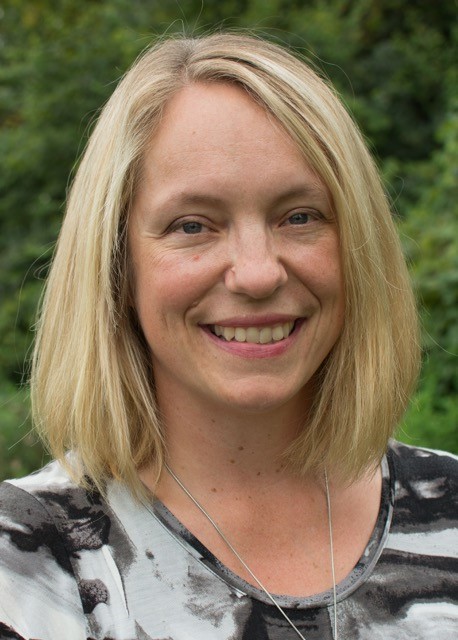Michigan Clean Water Corps to be administered by MSU through new $1.7 million grant
The Michigan Clean Water Corps, a statewide network of volunteer programs for monitoring lake and stream water quality, will now be administered through MSU with a grant from the Michigan Department of Environment, Great Lakes, and Energy.

EAST LANSING, Mich. — The Michigan Clean Water Corps (MiCorps), a statewide network of volunteer programs for monitoring lake and stream water quality, will now be administered through Michigan State University with a five-year, $1.7 million grant from the Michigan Department of Environment, Great Lakes, and Energy (EGLE).
Alongside several MSU partners and EGLE, outside collaborators include the Huron River Watershed Council and the Michigan Lakes and Streams Association.
Acknowledging the benefit of volunteers sampling water quality across the state, EGLE established a volunteer lake monitoring program in 1974 and stream program in 1998.
MiCorps began in 2003 after an executive order signed by Gov. Jennifer Granholm formalized these efforts under one umbrella. The Great Lakes Commission previously administered the program but has since refocused efforts specifically on the Great Lakes.
Jo Latimore, an outreach specialist in the MSU Department of Fisheries and Wildlife and MSU Extension, will administer the program. Although new to the MiCorps leadership role, she’s been involved with the initiative for roughly 15 years.
“I’ve really enjoyed MiCorps because I truly believe that citizen science projects are a great way to get the public engaged,” Latimore said. “Our water resources are an essential aspect of our state and something we take great pride in. Agencies can’t possibly monitor each individual body of water, but with the assistance of volunteers, we gain access to data that makes our water management efforts much stronger.”
In addition to leading a statewide monitoring program, MiCorps offers training and resources to groups around Michigan to ensure practices and procedures adhere to quality standards. This allows for data to be more accurate and comparable across water samples.
MiCorps also provides funding and technical assistance, a forum for communication and support among volunteer monitoring groups, and quality assurance practices in sampling and data reporting. The Volunteer Stream, River and Creek Cleanup Program (VRSCCP) is another way for those interested in natural resources to get involved. The VRSCCP provides grants for organizations to cleanup anthropogenic trash in sections of their local stream.
Since the inception of MiCorps, EGLE has awarded nearly $1 million in grants to local recipients in support of volunteer programs and cleanup efforts.
To help with aerial imagery, modeling and large-scale data analysis, the MSU Remote Sensing & Geographic Information Systems (RS&GIS) program will be a partner in the new grant.
Erin Bunting, the director of the RS&GIS program, is particularly interested in natural and human systems, and how they react to climate change and variability. RS&GIS regularly works with government agencies, nonprofits and universities.
Erick Elgin, an MSU Extension water resources educator based in Newaygo County, will provide leadership for the Cooperative Lakes Monitoring Program.
“We have a team of researchers from MSU, EGLE and partner agencies that are experts in their fields and can give new insights for MiCorps,” Latimore said. “Add to that the many volunteers, and we have tremendous capacity to make a real difference in better understanding water quality in Michigan.”



 Print
Print Email
Email





